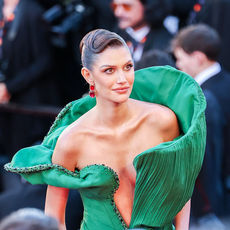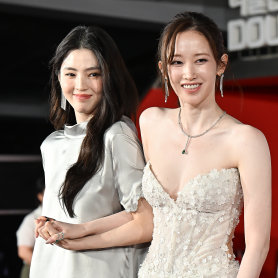[OSENWORLD] Director Hwang Dong-hyuk, the mind behind Netflix’s Squid Game, says the show’s lasting global resonance stems from its raw portrayal of modern-day inequality—and the growing hunger for a hero who can rise above it.
Speaking to Korean media on June 30 in Seoul, Hwang addressed some of the polarizing reactions to Squid Game Season 3, which premiered June 27 and is currently the No. 1 global show on FlixPatrol.
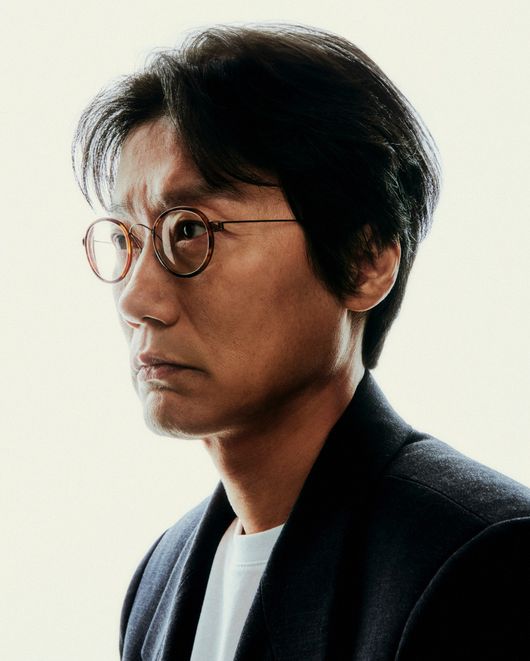
![[사진] ⓒGettyimages(무단전재 및 재배포 금지)](https://file.osen.co.kr/article/2025/06/30/202506301442776498_6862271c9ea38.jpg)
A Hero in a Hopeless World
Hwang responded to criticism that lead character Seong Gi-hun (Lee Jung-jae) is too passive or frustrating, offering a broader reflection on why audiences may feel that way.
“The world is undeniably harsher now,” he said. “People are less able—or willing—to be generous. Donations are down. Shops are shuttering. Wealth keeps concentrating at the top—and then you hear that Jeff Bezos just threw a $50 million wedding in Venice.”
“In the face of that kind of excess, viewers feel increasingly powerless,” he added. “They want someone who can break through that despair—a hero who can make things feel right again.”
The Darkness Was Intentional
Hwang emphasized that Season 3’s finale was deliberately designed to be the darkest point of the series.
“I wanted viewers to feel as if they were in hell—completely stripped of hope or humanity,” he said. “That’s why the characters grow increasingly cruel as the game progresses. In that abyss, I wanted Gi-hun to stand out as a flicker of light.”
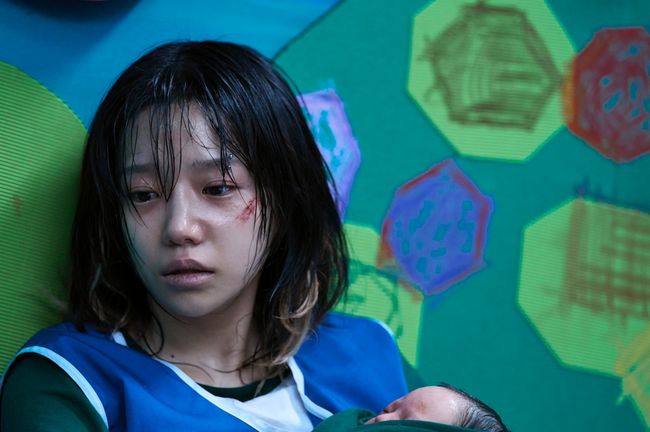
A Baby as a Symbol, Not a Prop
One major talking point from the season involves Jun-hee (Jo Yu-ri) and her baby—seen by some as a narrative device rather than a fleshed-out presence.
“I considered showing her constantly feeding the baby, but ultimately chose symbolism over realism,” said Hwang. “That child represents the future. It’s not about detailed parenting scenes—it’s about what the baby means.”
He added, “I’m not married, I don’t have kids—but I believe older generations are responsible for the ones who follow. That baby isn’t just Jun-hee’s child—it’s the next generation inheriting a broken world.”
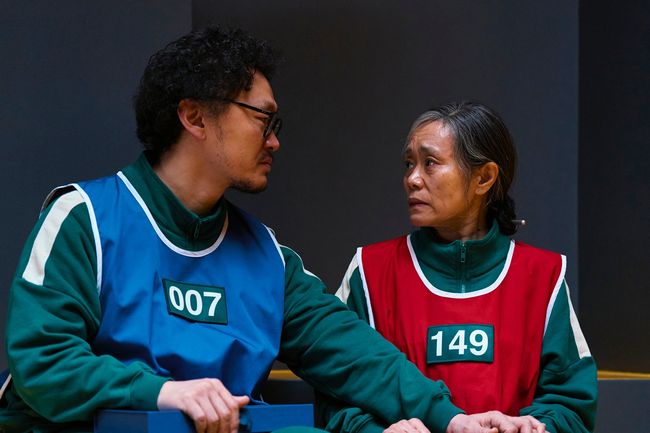
Maternal Violence and Moral Ambiguity
Another controversial moment involves Geum-ja (Kang Ae-sim) stabbing her own son Yong-sik (Yang Dong-geun).
“I wasn’t showing a mother killing her son,” Hwang clarified. “She was stopping him—from murdering an innocent woman and baby. It was about halting a monstrous act, not ending a life. The actual killing was carried out by the game’s enforcers, in line with its rules.”
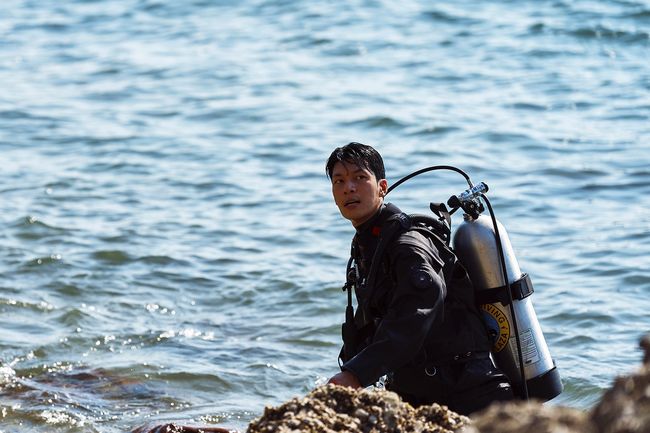
Jun-ho’s Journey and Emotional Closure
Detective Jun-ho (Wi Ha-jun) spends much of the season lost at sea, only to arrive too late to stop the game—a narrative choice that disappointed some viewers.
“I wanted him to reach the island, even if late,” Hwang explained. “He needed to face his brother [the Front Man, played by Lee Byung-hun], and confirm the existence of Jun-hee’s baby. I saw Jun-ho as the one person the Front Man could entrust the child to—someone who understood everything and wouldn’t waste the prize money.”
Why the VIPs Returned
The masked VIPs—elite spectators of the deadly games—also reappear in Season 3, continuing to stir mixed reactions.
“They’re part of the game’s structure,” said Hwang. “I tried to cast more seasoned actors this time, but it wasn’t easy. Most actors aren’t eager to take on masked roles with minimal English dialogue. I know the execution wasn’t perfect, especially as I’m not a native English speaker. But those scenes were essential to explaining how the baby ends up in the game.”
/k_inside@osen.co.kr
